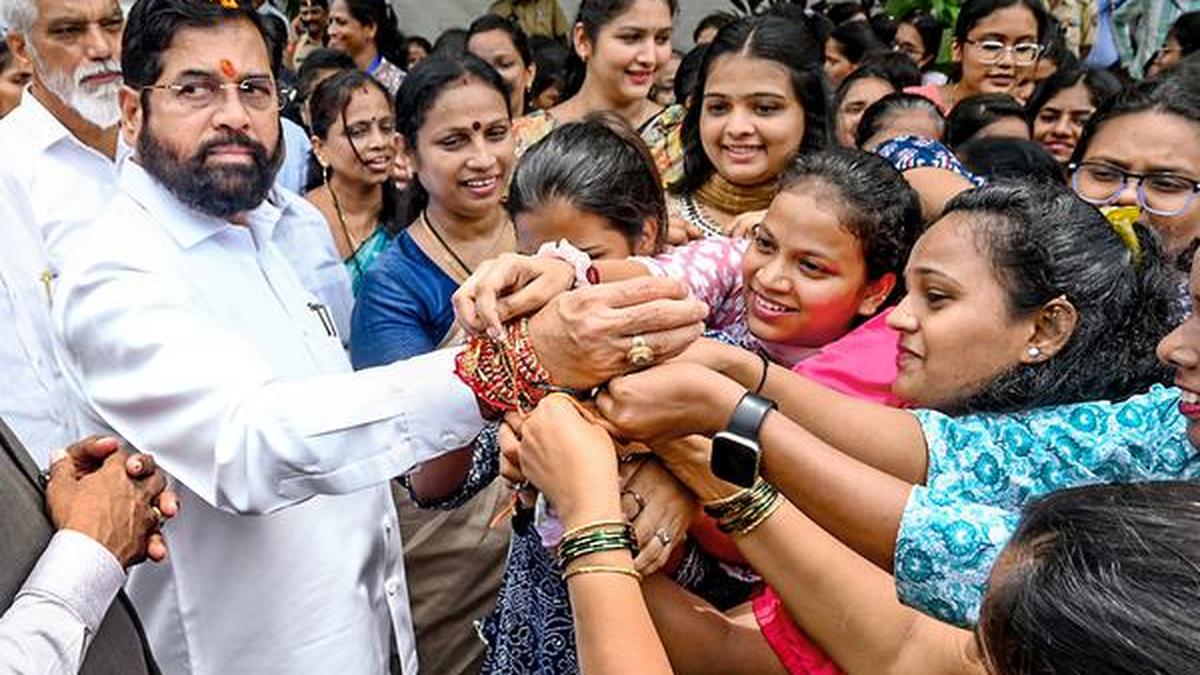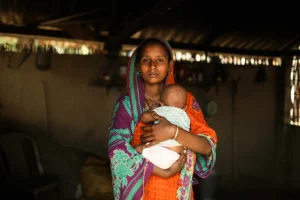[Readmelater]
Transgender women Are Being Excluded From Maharashtra’s Cash Scheme For Women
With no clarity on trans women beneficiaries, and the many hurdles to establishing gender identity, the Ladki Bahin scheme is becoming exclusionary

Women in Mumbai tie Rakhi to Chief Minister Eknath Shinde after the launch of Mukhya Mantri Majhi Ladki Bahin scheme at Vidhan Bhavan in Mumbai | Photo Credit: ANI
Support BehanBox
We believe everyone deserves equal access to accurate news. Support from our readers enables us to keep our journalism open and free for everyone, all over the world.




